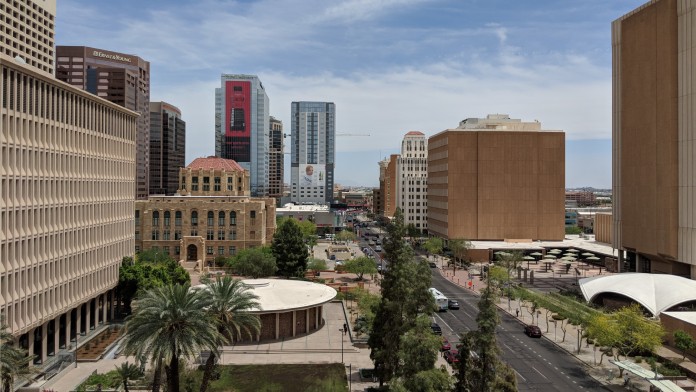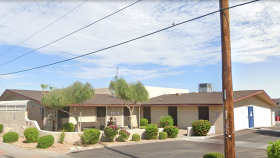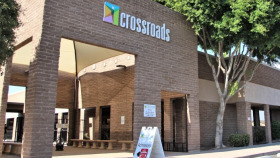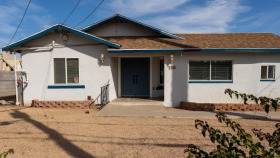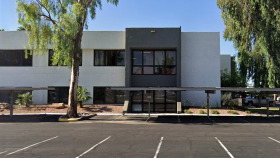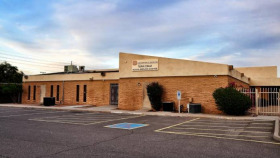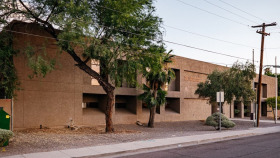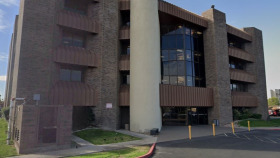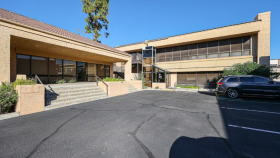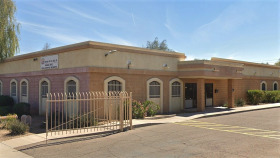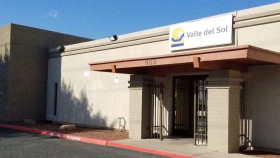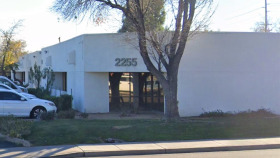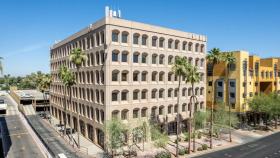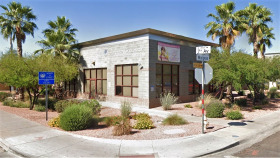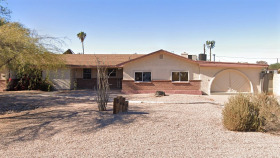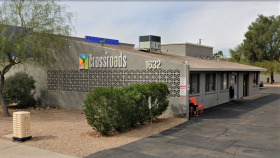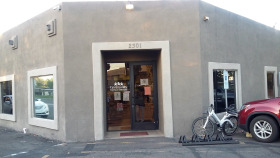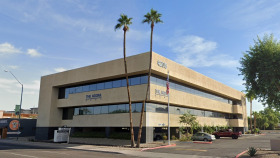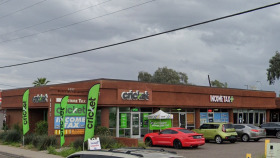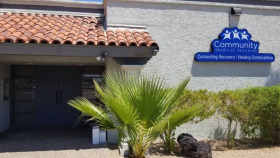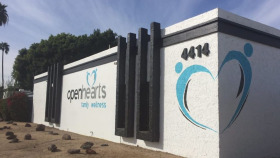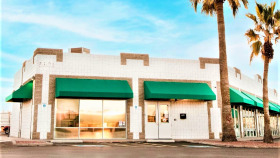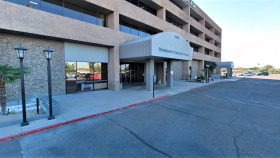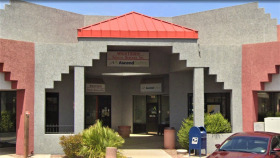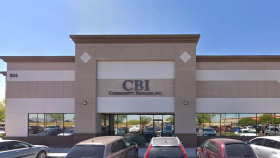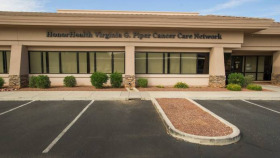How Much Does Drug Rehab Cost in Arizona?
The cost of alcohol or drug rehab in Phoenix can vary significantly based on several factors, including:
Treatment setting (inpatient rehab is generally more expensive than outpatient rehab)
Treatment amenities (facilities that offer luxury amenities are pricier than standard rehabs)
Duration of program (30, 60, or 90 days)
Whether you have health insurance that partially or fully covers the cost of your treatment plan
The type of insurance a treatment facility accepts (some facilities only take private insurance while others accept public insurance like Medicaid and Medicare)
Government funding
Location (city vs. suburb)
Cost is a known barrier to addiction treatment for many people, but it doesn’t have to be. If you feel that alcohol and/or drug rehab is financially out of reach for you, there are several ways you can access affordable treatment.
Are There Low-Cost and Free Rehabs in Phoenix?
Arizona is ranked 32nd nationwide in terms of addiction treatment affordability, with an average cost of drug and alcohol rehab of $56,789 (without insurance).
- Medical detox is the most expensive, with an average cost of $140,006
- Long-term inpatient drug rehab in Arizona costs an average of $50,113
- Outpatient addiction treatment in Arizona costs an average of $8,327
- Outpatient methadone treatment is the most affordable, with an average cost of $7,398
If you don’t have insurance or the means to pay for addiction treatment, you may qualify for free or low-cost treatment at a state-funded Phoenix rehab facility.
These facilities receive subsidies from the State of Arizona, so they can provide services at little to no charge for low-income persons in need.
If you’re interested in seeking treatment at a state-funded rehab, you’ll need to prove that you do not have adequate income to pay for addiction treatment. You may also be asked for proof of your Arizona and U.S. residency to qualify for enrollment.
As of 2024, there were over 500 drug rehab facilities across the state of Arizona.
Of those treatment facilities, the following numbers reflect how many offer free or low-cost programs (many of which are in and around the greater Phoenix metro):
Phoenix Alcohol and Drug Use Statistics
Phoenix is the county seat and largest city in Maricopa County, Arizona. Public health reports show that alcohol and drug use are serious issues both within the city of Phoenix and throughout Maricopa County as a whole.
Statistics of note include:
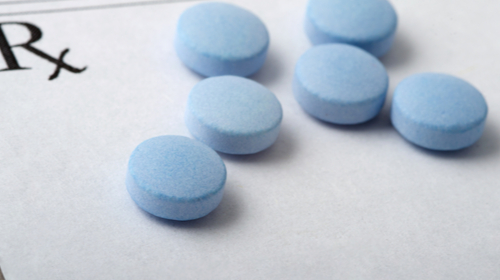
In 2021, there were nearly 3,500 non-fatal opioid-related overdoses in Maricopa County and more than 2,000 verified opioid-related deaths.

Maricopa County saw more than 9,000 emergency department and inpatient hospital visits involving suspected opioid overdoses in 2021.

In 2018, 20% of teens reported consuming alcohol within the last 30 days while nearly 16% reported using marijuana in the past 30 days.
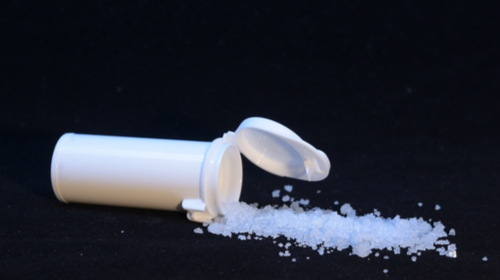
In 2019, methamphetamine was involved in more overdose deaths in Maricopa County than any other illicit or prescribed substance.
Important Alcohol and Drug Laws in Phoenix
Arizona Good Samaritan Overdose Prevention Law: Arizona’s Good Samaritan Overdose Prevention Law states, “a person who, in good faith, seeks medical assistance for someone experiencing a drug-related overdose may not be charged or prosecuted for the possession or use of a controlled substance or drug paraphernalia.” However, such a person is only immune from legal repercussions if the evidence for such a violation was obtained as a result of the person seeking medical assistance.
If you witness a suspected overdose, you can save a life by calling 911. Do not hesitate to call emergency medical personnel or the police as the Good Samaritan Law will protect you from prosecution.
Arizona Protections for Employees Voluntarily Seeking Addiction Treatment: The U.S. Family Leave and Medical Act (FMLA) requires Arizona employers with 50 or more staff members to provide unpaid time off for employees who voluntarily enroll in addiction rehab. Employers must also provide such employees with either their original job or a similar position when they return from treatment and cannot discriminate against staff who enter treatment.
Arizona Opioid Epidemic Act: Sharp increases in the number of opioid-related fatalities in Arizona prompted the state to pass its Opioid Epidemic Act in 2017. This multi-bill act aims to combat the opioid crisis in Arizona by increasing access to addiction treatment, limiting opioid prescriptions, and training more first responders on naloxone administration. As a result of the act, Arizona has also increased the number of safe medication disposal bins throughout the state and authorized county health departments to administer naloxone to people who need it.
Finding the best alcohol or drug rehab in Phoenix for your unique needs and financial situation can feel overwhelming. To learn more about the local addiction treatment options available to you, get help today at
800-681-1058
(Sponsored)
for assistance.
Resources
- Maricopa County Public Health. (2020). Maricopa County Overdose Deaths 2020 Monthly Report.
- Arizona Department of Health Services. (2021). Weekly Opioid Data.
- National Institute on Drug Abuse. (2020, June 3). How long does drug addiction treatment usually last?
- Mohamed, I.I., Ahmad, H.E.K., Hassaan, S.H., Hassaan, S.M. (2020, June 03). Assessment of anxiety and depression among substance use disorder patients: a case-control study. Middle East Current Psychiatry, 27, 22.
- National Institute on Drug Abuse. (2020, June 1). Cognitive-Behavioral Therapy (Alcohol, Marijuana, Cocaine, Methamphetamine, Nicotine).

